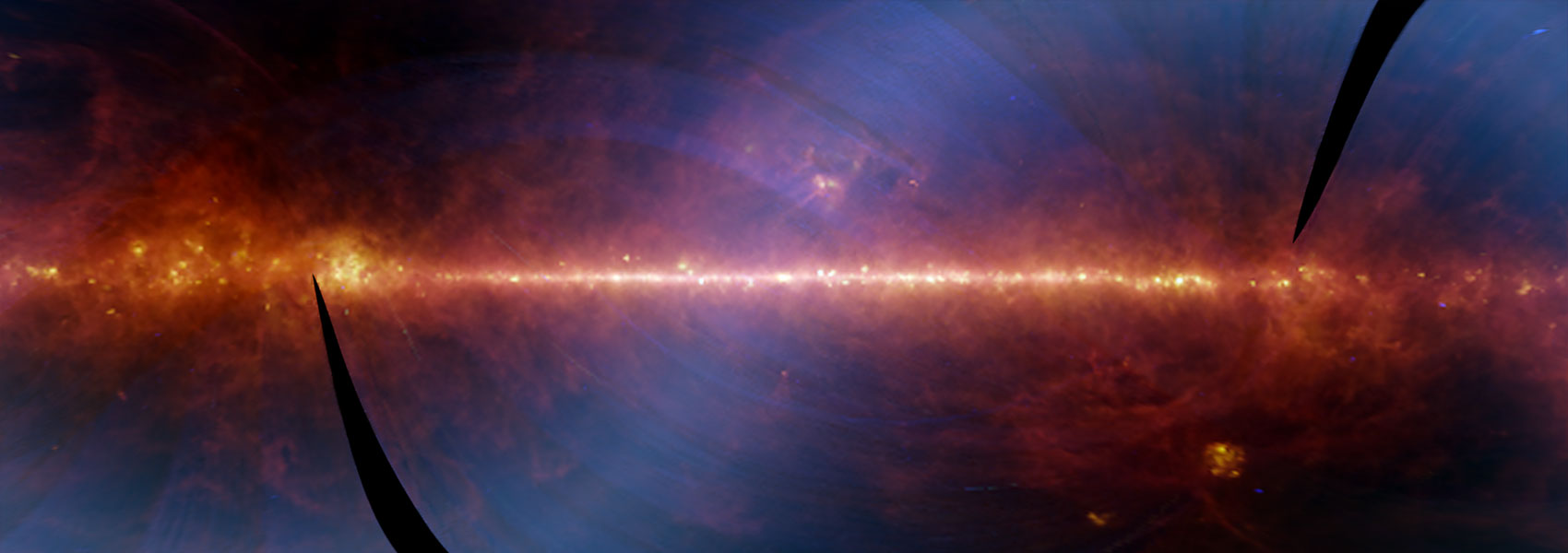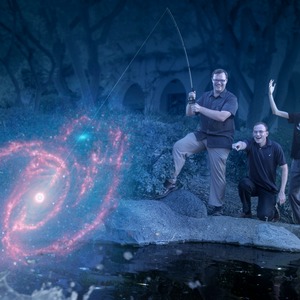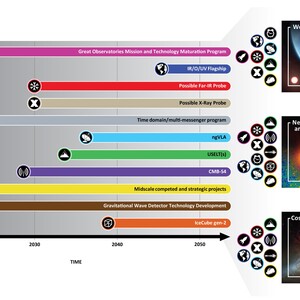
Community
Overview: IPAC enables a number of activities for, and on behalf of, the astronomical community. These include conferences, workshops, white papers, and inputs to the Decadal Surveys.
Community Resources
Science Fellowships
Conferences / Workshops
In support of its projects and the research community, IPAC sponsors and organizes talks, meetings, workshops, and conferences to facilitate community planning for future facilities; the exchange of scientific and technical knowledge; and the development of new ideas.
Decadal Surveys
Every decade, the Decadal Survey on Astronomy and Astrophysics aims at identifying the key priorities in astronomy and astrophysics and develop a comprehensive strategy for agency investments in the upcoming decade. Scientists at IPAC actively contribute to these surveys in all major fields of astronomy.
IPAC at AAS / DPS
IPAC missions, projects, scientists, as well as education and outreach specialists are all active at the annual American Astronomical Society (AAS) and Division of Planetary Sciences (DPS) meetings. These include organizing workshops, special/splinter sessions, science and educations talks and posters, education and outreach events, exhibits and more.





